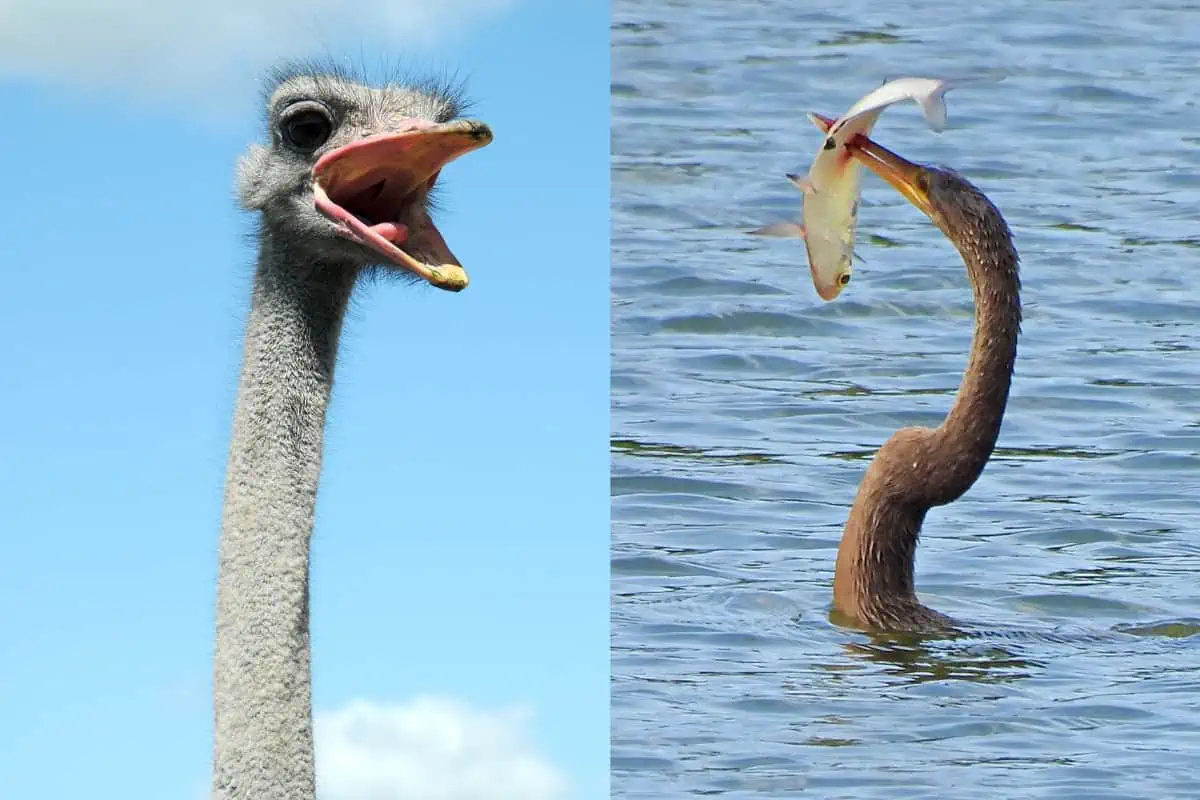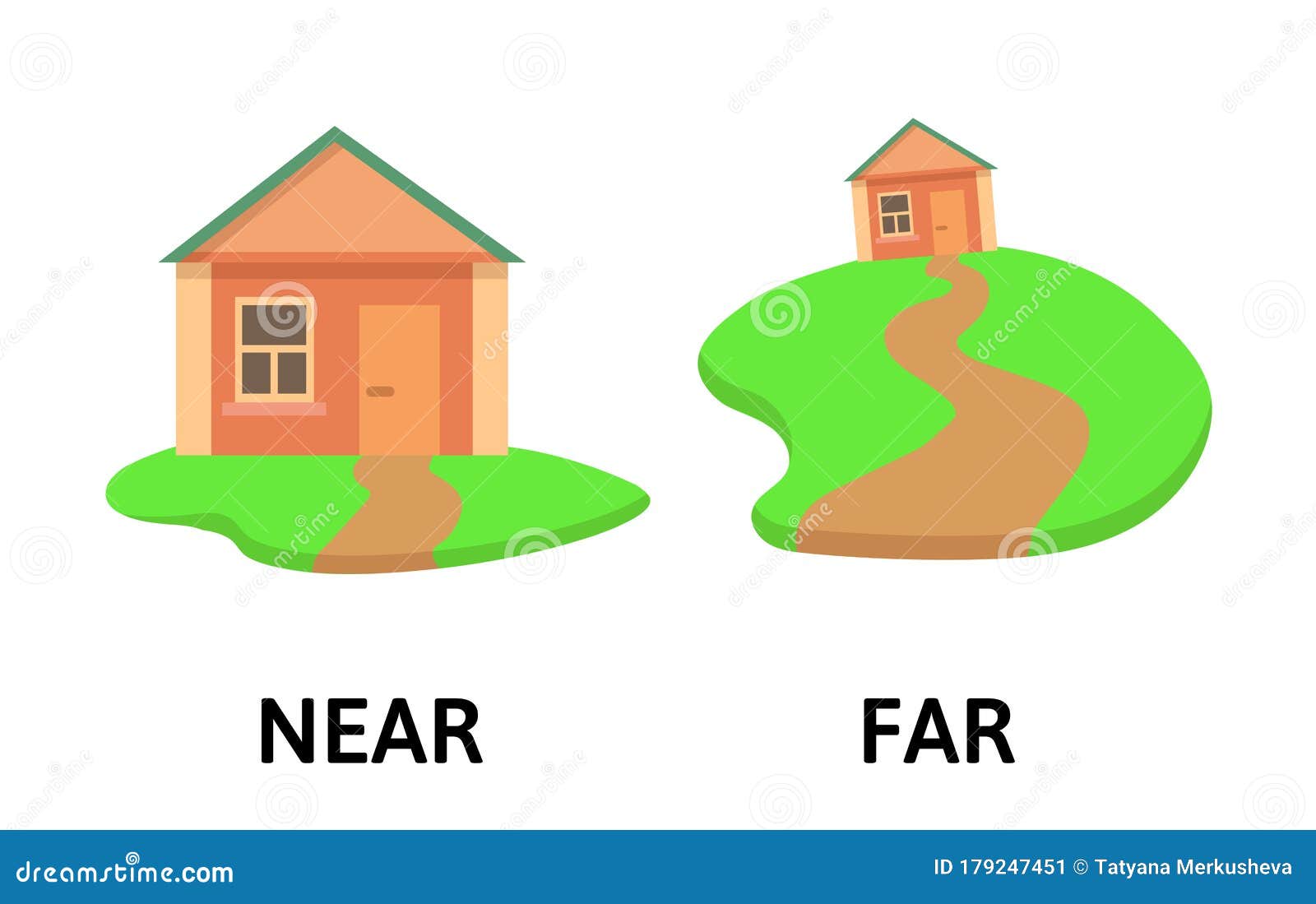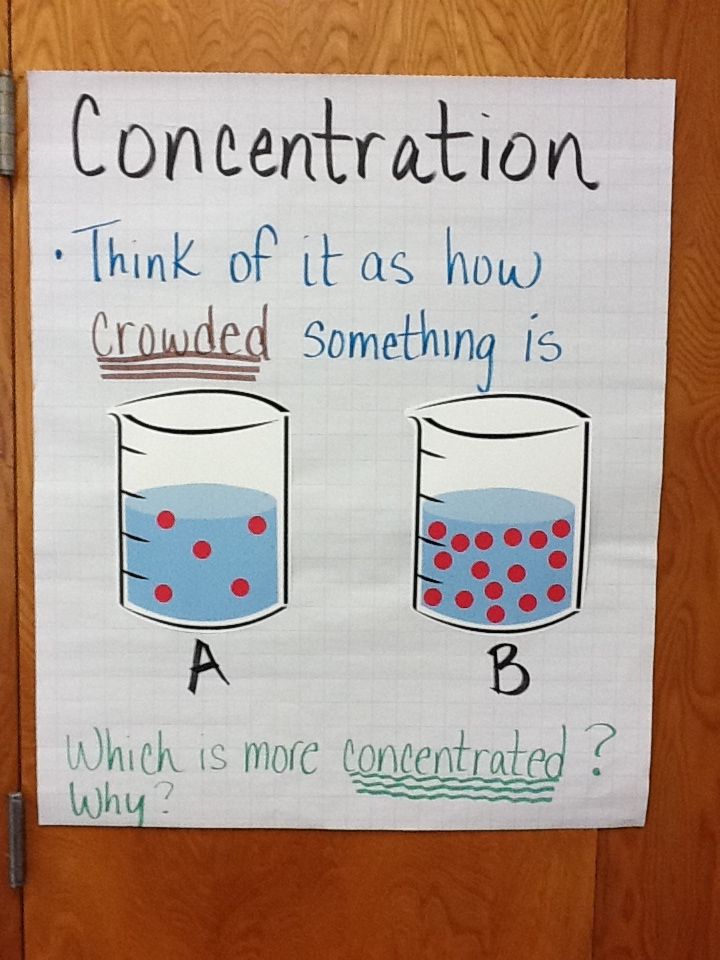How Challenging Is a Career in Forensic Science? Requirements, Realities, and Opportunities
Introduction: What Makes Forensic Science a Challenging Career?
Forensic science is a demanding and detail-oriented profession that plays a critical role in the criminal justice system. Professionals in this field are responsible for analyzing physical evidence, interpreting data, and often testifying in legal settings. The technical, emotional, and ethical challenges inherent to forensic science make it a uniquely complex career. This article explores the academic requirements, daily realities, key skills, and practical steps toward entering the field, so you can assess how hard forensic science may be-and whether it’s the right path for you.
Educational Requirements: The Foundation of a Forensic Science Career
Most forensic science careers begin with a solid academic foundation. Typically, a bachelor’s degree in forensic science or a related natural science (such as biology, chemistry, or physics) is the minimum requirement for entry-level positions [1] [2] . These programs generally take four years of full-time study and include coursework in scientific principles, laboratory techniques, criminal justice, and statistics [4] . Some universities offer specialized forensic science programs, while others may combine relevant courses from several departments.
In addition to standard coursework, many programs encourage or require laboratory internships or research projects to provide practical experience. Those aiming for specialized roles or advancement may pursue graduate degrees in forensic science or related disciplines.
Implementation Guidance: If you are interested in forensic science, begin by researching accredited programs at universities and colleges. Focus on schools with strong science departments and opportunities for hands-on laboratory experience. If you are in high school, prioritize science and math courses, and seek out extracurricular activities or internships related to laboratory work [5] .

Source: learnerhive.com
Specialized Training and Certification: Beyond the Degree
Upon completing a bachelor’s degree, aspiring forensic scientists typically undergo advanced training or apprenticeships provided by employers. This on-the-job training covers the correct procedures for collecting, recording, and analyzing evidence, as well as preparing for proficiency exams required by many employers or states [2] . The length and content of these programs can vary, but they are critical for developing the technical skills and professional judgment needed for independent casework.
While not always mandatory, certification is highly valued in forensic science. Organizations such as the American Board of Criminalistics and the American Board of Medicolegal Death Investigators offer formal certifications that demonstrate a professional’s expertise and commitment to ethical standards. Eligibility requirements typically include relevant education, work experience, and passing a rigorous exam [2] .
Action Steps: If you are preparing for a forensic science career, contact professional organizations for information about certification requirements and opportunities. Search for state-specific licensing requirements on official state websites, as these can vary. Many employers list preferred certifications in job postings, so reviewing these can help you target your preparation.
Key Skills and Personal Qualities: What Does It Take to Succeed?
Forensic scientists are expected to possess a blend of technical and personal skills. Analytical thinking, attention to detail, and problem-solving abilities are essential for evaluating evidence and drawing reliable conclusions [1] . Effective communication skills are critical for writing clear reports, testifying in court, and collaborating with law enforcement. Additional qualities that support success include ethical judgment, intellectual curiosity, objectivity, and strong time-management skills.
Working in forensic science can be mentally and emotionally demanding. Professionals regularly encounter distressing evidence and must remain impartial, even under pressure. The need for accuracy and accountability is ever-present, as errors can have serious consequences for legal outcomes.
Practical Guidance: To build these skills, seek out laboratory-based classes, participate in research projects, and look for internships or entry-level jobs in related fields. Volunteer opportunities with local law enforcement or public health agencies can also provide valuable experience. Consider joining professional associations to connect with mentors and stay informed about developments in the field.

Source: learnerhive.com
Daily Realities: The Work Environment and Its Challenges
Forensic scientists divide their time between crime scenes and laboratory environments . Fieldwork may involve collecting evidence outdoors, sometimes in adverse conditions or under time pressure. Laboratory work includes using advanced technology to analyze samples and prepare detailed documentation. Both settings require adherence to strict protocols and chain-of-custody procedures to preserve evidence integrity [3] .
Common challenges include long hours, high caseloads, and the emotional toll of working on violent crimes. Competition for jobs can be intense, especially for positions in well-known agencies or specialized laboratories. According to experts, having a master’s degree and additional certifications can improve job prospects [4] .
Key Takeaway: If you are considering this career, be prepared for a rigorous and sometimes stressful work environment. Developing resilience and self-care strategies is important. Staying current with new forensic technologies and methods can also help you adapt and advance in the field.
Career Advancement and Alternative Pathways
Once established in the field, forensic scientists have opportunities to advance into supervisory or specialized roles, such as forensic toxicologist, DNA analyst, or crime scene investigator [3] . Advancement often requires additional education, certification, or experience in a particular area of forensic science.
Alternative career pathways include roles in academia, research, private laboratories, or consulting. Some forensic scientists transition into related fields such as law enforcement, legal consulting, or public health. Continuing education and networking through professional organizations can open new opportunities and keep your skills sharp.
Actionable Steps: To pursue advanced roles, research graduate programs and specialized certifications. Attend conferences and join professional groups to expand your knowledge and connections. If you are interested in alternative careers, explore job postings for related positions and consider additional training as needed.
How to Access Forensic Science Programs and Opportunities
If you want to get started, you can:
- Search for accredited forensic science programs at universities and colleges. The American Academy of Forensic Sciences maintains a searchable list of accredited programs.
- Contact local law enforcement agencies or public health departments to inquire about internship or volunteer opportunities.
- Research state licensing requirements by visiting the official website of your state’s professional regulation or licensing board.
- Join professional associations such as the American Academy of Forensic Sciences for resources, networking, and continuing education opportunities.
To increase your chances of admission or employment, maintain high grades in science courses, gain relevant laboratory or field experience, and consider pursuing graduate study in a specialized area of forensic science.
Conclusion: Is Forensic Science Hard?
Forensic science is a challenging field that demands strong technical skills, emotional resilience, and a commitment to lifelong learning. The path to becoming a forensic scientist involves rigorous academic preparation, specialized training, and ongoing professional development. While the work can be demanding and competitive, it offers the reward of making a significant impact on society and the justice system. If you are detail-oriented, scientifically minded, and ready for a demanding but meaningful career, forensic science may be the right choice for you.
References
- AIU (2024). How to Become a Forensic Scientist: Pursuing a Forensic Scientist Career Path.
- Nurse.org (2025). How to Become a Forensic Science Technician.
- Huzzle (n.d.). Becoming a Forensic Scientist: A Guide to the Career Path.
- All Criminal Justice Schools (2023). Becoming a Forensic Scientist in Texas (Career Guide).
- ForensicsColleges.com (2025). Forensic Technician Career Outlook & Requirements.



